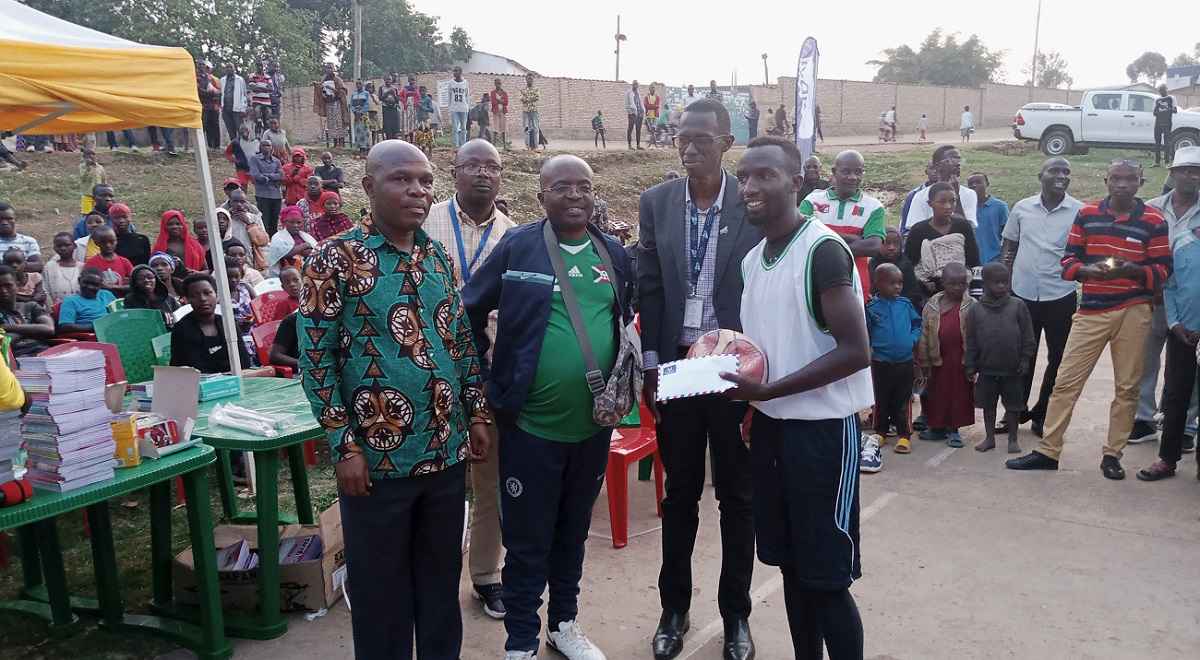The Community Distribution Points for ARV Drugs (PODI) require rigorous management and regular follow-up of stable PLHIV on ARVs to ensure that their viral loads remain undetectable and thus curb any new infections. For this to be possible, PODI managers need to gain more knowledge to better manage the distribution.
Community leaders have a key role to play in the community, including mobilising the community for targeted screening, treatment adherence and retention, searching for lost-of-sight and reminding them of follow-up appointments.
Service Yezu Mwiza, which has an active queue of more than 1081 beneficiaries, has already enabled the establishment of more than 20 PODI.
It was in this context that an orientation session for the new PODI managers was organised with a view to better managing the latter.
Isaac NKURIKIYE, a social assistant at SYM, who led the orientation session explains that "Despite the fact that their viral loads are undetectable, and despite the multi-monthly dispensation of drugs for stable patients, the latter are still vulnerable because of the poverty in which they are immersed, hence the need for easy, rapid and close access to drugs so that patients can continue to pursue their lucrative activities. So we invited 8 recently established PODI leaders and 6 alumni leaders to this orientation session to share their experiences and benefits of this strategy since its inception.”
The responsible were trained and retrained on monitoring, use of data collection and reporting tools.
Orientation session for community leaders at SYM
"After having experimented with this strategy, I personally find it beneficial because I don't have to go to monthly appointments anymore, we fix ourselves with the other PODI members a favourable time for all of us, once a quarter for the withdrawal of ARVs at the head of our group", says one of the PODI members.
PODIs are a strategy introduced by the National AIDS Control Programme (NACP) to prescribe and administer drugs for a longer period of 3 months, thus limiting the number of consultations that stable PLHIV have to attend in health facilities.
SYM: Distribution of school kits to members of associations of people affected by leprosy

SYM: Sensitization on pre and post-exposure to HIV in Kayanza and Ngozi
SYM: Managing co-morbidities among people living with HIV
SYM: Quarterly meeting of community relays
Distribution of work tools to young volunteers and to the pillars of the SRH community solutions project called